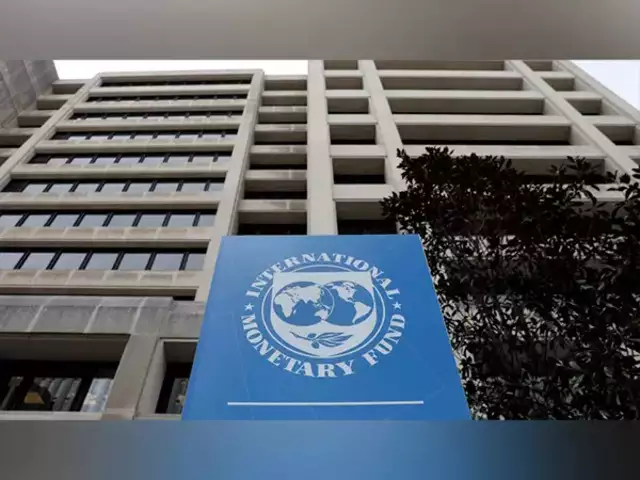Kristalina Georgieva, Managing Director of the International Monetary Fund (IMF), anticipates a timely resolution for the ongoing first review of Pakistan’s Stand-By-Arrangement (SBA), stating in an interview with Bloomberg TV’s Haslinda Amin on Wednesday, “I expect an agreement on the review to come within this week.”
The IMF mission, led by Nathan Porter, is currently in Pakistan for the SBA review. Pakistan, operating under a caretaker government following the IMF loan program approval in July, successfully averted a sovereign debt default by receiving $1.2 billion as the first tranche of the $3 billion SBA.
Georgieva praised Pakistani authorities and the Caretaker Finance Minister for adhering to the challenging IMF program, acknowledging their commitment in difficult circumstances. She emphasized the need for Pakistan to address its lower tax collection, labeling it as the “parental issue” with the country’s tax-to-GDP ratio at 12%. Georgieva urged authorities to achieve at least a 15% ratio to sustain Pakistan’s functioning.
Caretaker Finance Minister Dr. Shamshad Akhtar initiated policy-level talks with the IMF staff mission led by Nathan Porter on Monday. The talks, attended by key officials, progressed according to expectations. While FBR tax collection slightly exceeded targets, questions were raised by the IMF about external financing.
Concerning the ongoing Israel-Hamas conflict, Georgieva expressed concerns about its negative impact on the regional economy. She noted the devastation in Gaza, negative impacts on the West Bank and Israel’s economy. Additionally, she highlighted an immediate global rise in oil prices as a reflection of heightened anxiety.
Georgieva cautioned that if the conflict persists but remains localized, the likely minimal impact on the rest of the world could escalate with prolonged duration, posing significant risks and potential dramatic consequences. The IMF chief emphasized the interconnectedness of global economies and the need for a swift resolution to regional conflicts to mitigate adverse economic effects.




